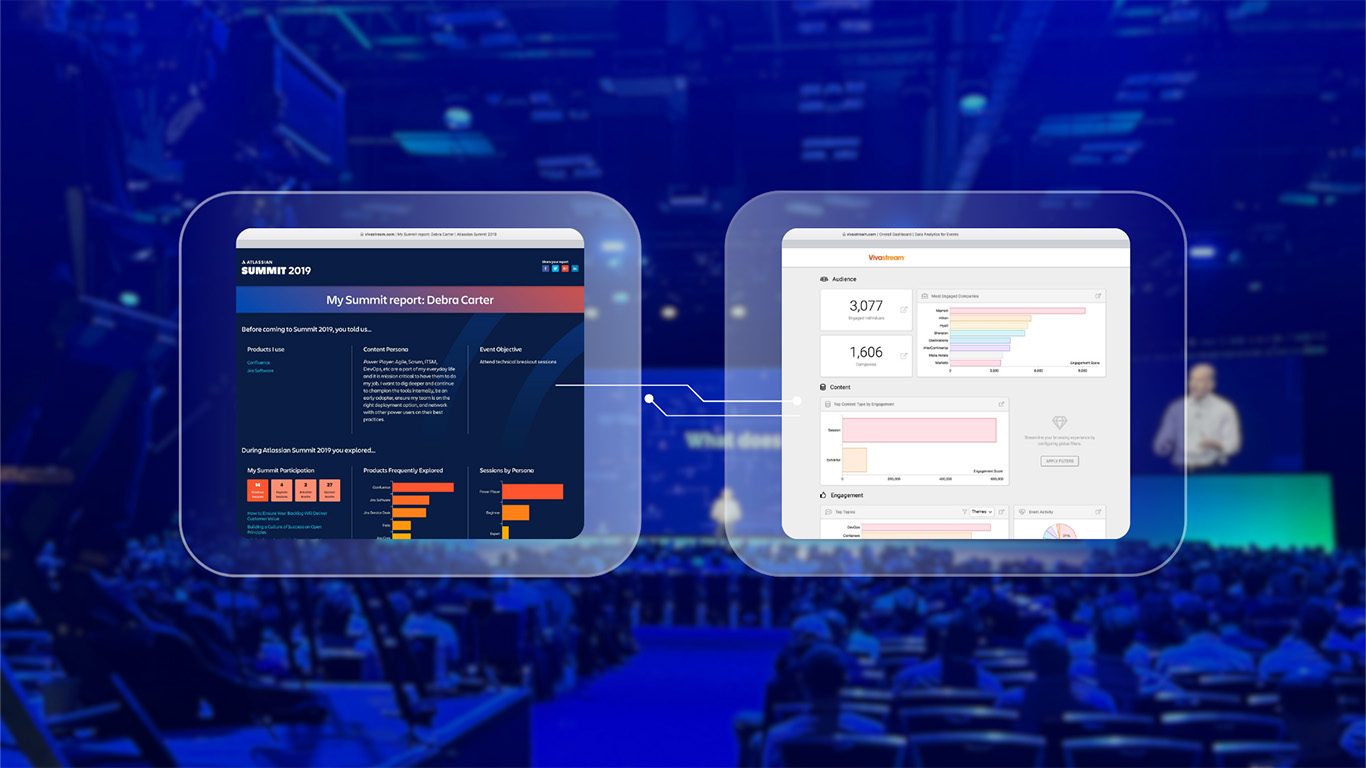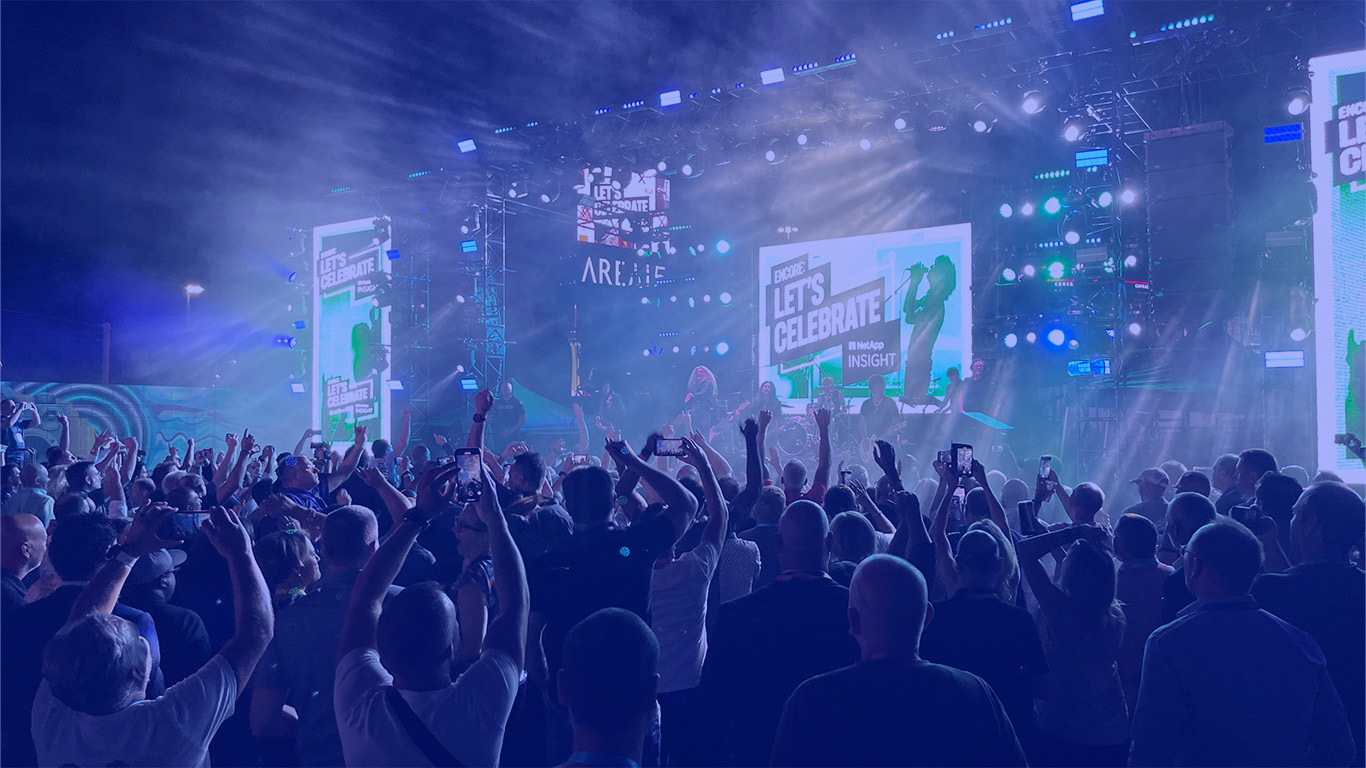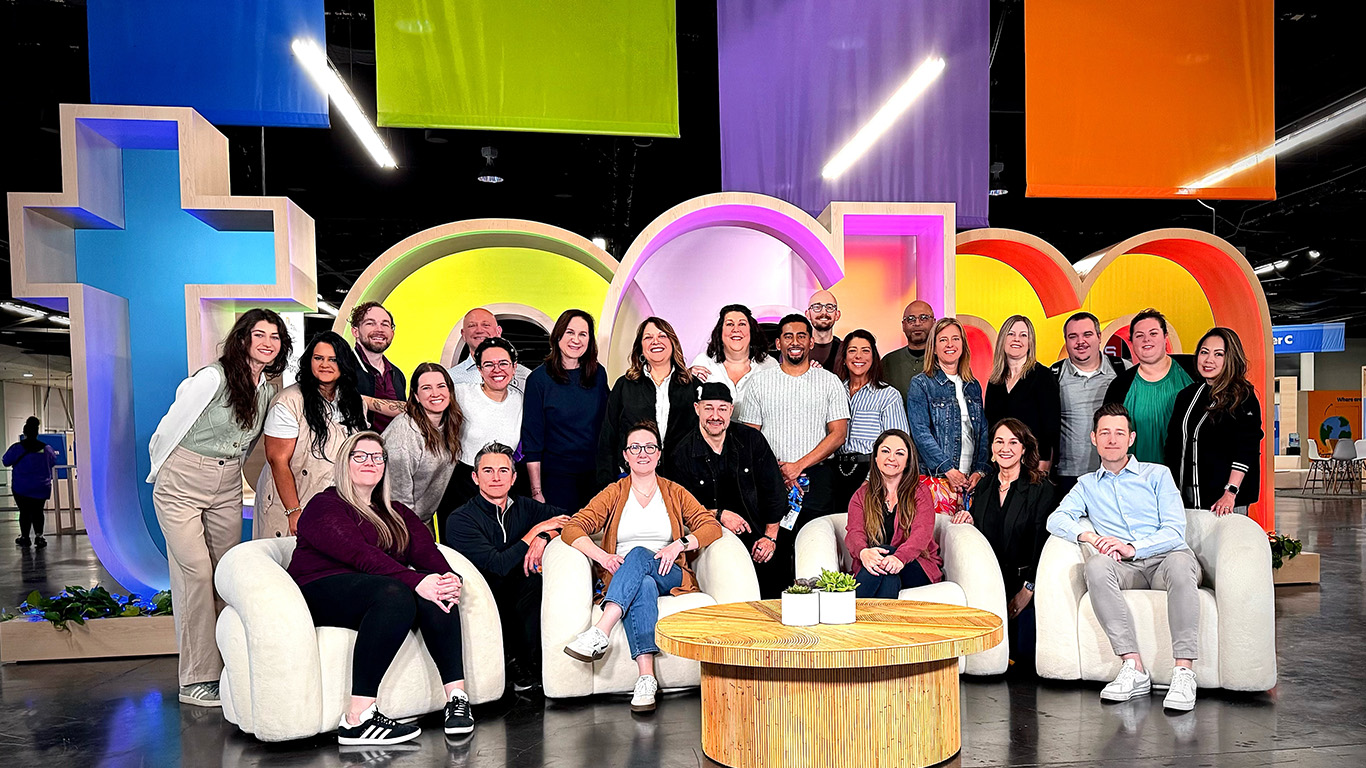Strategy Workshops 101
Strategy Workshops 101

So, what is a strategy workshop?
“Strategy workshop” can sound intimidating, but it’s really just a facilitated conversation amongst key decision makers and stakeholders, designed to help get everyone on the same page regarding the “why” behind the “what” and “how” of a given marketing campaign—in the case of Opus Agency, typically an event or series of events.
The key to success in any endeavor is having a well-thought out, strategic plan. This helps everyone on the team understand what is important, what the goals are, and how they will be achieved and measured, and a strategy workshop represents an opportunity to gain alignment on these fronts. These sessions help determine event objectives, target audience segments and correlated messaging, key performance indicators (KPIs), and other strategic factors.
Why is a strategy workshop important?
Especially in the events world, it can be easy to fall prey to SALY Syndrome: Same as Last Year. But events represent a significant investment in any given marketing mix, and it’s essential to ensure you’re operating with a well-defined strategic plan and are prepared to capture the data needed to demonstrate ROI.
A strategy workshop is relatively brief, in the grand scheme of things, but it can help you quickly lock in key decisions around messaging, voice and tone, event content, track design, space planning and design, audience acquisition plans, website content, registration tactics, social media plan, onsite activations and more. And the resulting Strategy Brief, which we’ll discuss in a future post, becomes the “North Star” for all subsequent creative, messaging, planning, and logistical decisions.
What steps can you take to ensure a successful strategy workshop?
Prep for a successful strategy workshop starts long before everyone is in the room. In the preceding weeks, both the client and the agency should be engaging in pre-work. For the agency, this can entail conducting competitive analyses, researching past events and brand campaigns, gaining an understanding of key audiences and goals, and coordinating session content and roster.
For the client, pre-work entails coordinating workshop participants’ schedules and expectations, and answering an initial list of questions from the agency, such as:
- How is your organization positioned in the marketplace?
- What is your mission, vision, and unique value proposition?
- Why are you doing this event?
- What are your core business objectives for this event?
- What are your key audiences, and how would you describe them?
- What are your attendance targets? Do you have specific goals by audience(s)?
- What strategic content needs to be shared to meet your business goals?
- What key performance indicators will be tracked, and how?
This list is by no means exhaustive, and the idea is not to have fully-baked responses ahead of the session. Rather, the intent is to get everyone thinking on these topics, and provide initial direction to inform planning. Final determinations will be made during the strategy workshop.
In terms of participants, the key is to ensure you’re getting representation from empowered decision makers who will be touching the event, without having too many voices in the room. Think about who needs to be present with that in mind, including:
- Executive sponsors, especially CEO and CMO
- Data, reporting, and KPI experts
- Team leads for:
- Brand strategy
- Customer experience
- Marketing
- Product marketing
- Partner marketing
- Social media
- Press and analyst outreach
- Sales and demand generation
- Event management
You’ll also need to create an agenda. Start with a list of everything you need to cover, and begin breaking it down into time-blocked sections within a presentation software like PowerPoint. Be sure to include a section addressing what success looks like post-workshop. What are you trying to achieve? What are the outputs? How will you know whether it was a productive use of everyone’s time?
Be thoughtful about which topics lend themselves to discussions and which are good candidates for interactive exercises. For example, at Opus, we’ve found that mapping audience segments and needs, and initial brainstorming on high-level messaging are two activities which lend themselves well to small group work. Oh, and don’t forget to allow time for breaks!
Workshop day: what works best?
You’ve done all your prep work and gathered everyone in your biggest conference room. Congratulations—it’s workshop day!
This is everyone’s opportunity to have a voice in crafting campaign strategy. Hopefully your participants are active and engaged, but it may also fall to you to facilitate dialogue if there are lulls.
Here are a few other key tips to make sure you get the most out of your session:
- Stock the room with any supplies you’ll need for interactive exercises—markers, pens, Post-It notes, whiteboards, etc.
- Be aware of how people are engaging, and seek to proactively draw out the input of quieter types in the room.
- The conversation will likely be wide-ranging and at times passionate, but keep your eyes on the prize. Create a “parking lot” list of topics for later follow-up, if necessary.
- Bring in food and drink—it’s a long day, and you want people feeling well-nourished and adequately caffeinated. (And a working lunch is much more time-efficient than letting everyone scatter and hopefully return on time!)
- Have a dedicated note taker. It’s simply not possible to simultaneously facilitate a workshop while also capturing key decisions, conversations, and insights. A robust set of written notes will be critical when it comes time to create the resulting Strategy Brief.
Remember: the work isn’t done when the workshop is over.
Once you’ve called it a day and thanked everyone for their time, don’t fall prey to the trap of lost momentum in the afterglow of a successfully executed strategy workshop. It’s critical to have a well communicated follow-up plan, specifically outlining next steps, the team (with approvers noted) who will be reviewing subsequent deliverables, and timing expectations.
Is your organization ready for a strategy workshop for a key upcoming event or initiative? Get in touch with Opus Agency!
More Like This, Delivered to You
As our agency continues to explore the future of experiences, you can join us and leaders from Google, Microsoft, Salesforce, and many more of our clients to stay ahead of what’s next by subscribing to XO. Each month, you’ll receive our latest insights and perspectives, plus carefully curated links worthy of your next new tab.
Insights in
the Inbox
XO is a newsletter with a mission to be loved by marketing executives and event professionals.
Through careful curation and purposeful prose, XO serves thousands of leaders who want to stay on top of what’s new and what’s next in the world of experiences.
To join in, see past issues or subscribe below.



